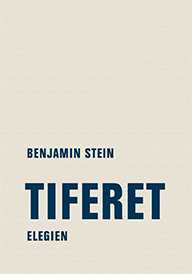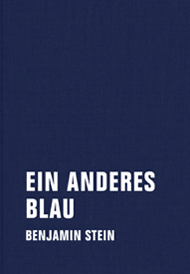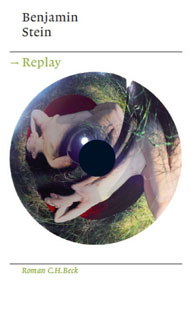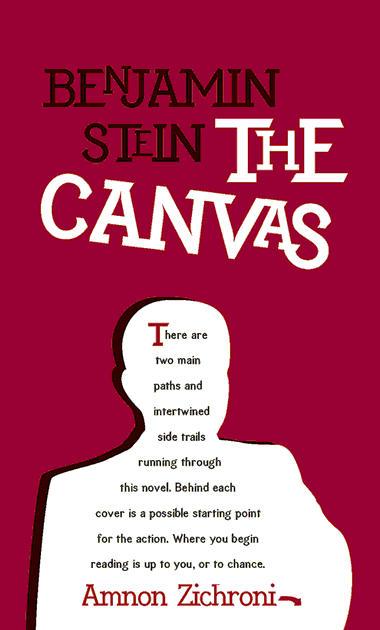Burroughs über Kritiker
Freitag, den 13. Januar 2012Critics constantly complain that writers are lacking in standards, yet they themselves seem to have no standards other than personal prejudice for literary criticism. (…) such standards do exist. Matthew Arnold set up three criteria for criticism: 1. What is the writer trying to do? 2. How well does he succeed in doing it? (…) 3. Does the work exhibit »high seriousness«? That is, does it touch on basic issues of good and evil, life and death and the human condition. I would also apply a fourth criterion (…) Write about what you know. More writers fail because they try to write about things they don’t know than for any other reason.
William S. Burroughs
in : »A Review of the Reviewers«
••• Kaum zu glauben, dass hier noch nie von William S. Burroughs die Rede war! In den letzten Tagen ist er mir mehrfach begegnet. Zum einen versuche ich gerade, den filmischen Inspirationen nachzuspüren, die in »Replay« Spuren hinterlassen haben. Tatsächlich nämlich habe ich beim Schreiben wahllos und unbewusst in diesen Fundus diffuser Inspirationen gegriffen. Wenn ich nun aber einige Filme wie »Blade Runner«, »Mulholland Drive«, »Vanilla Sky«, »Magnolia«, »eXistenZ« und – eben – »Naked Lunch« noch einmal ansehe, sind die Einflüsse sehr augenscheinlich. Das gefällt mir.






